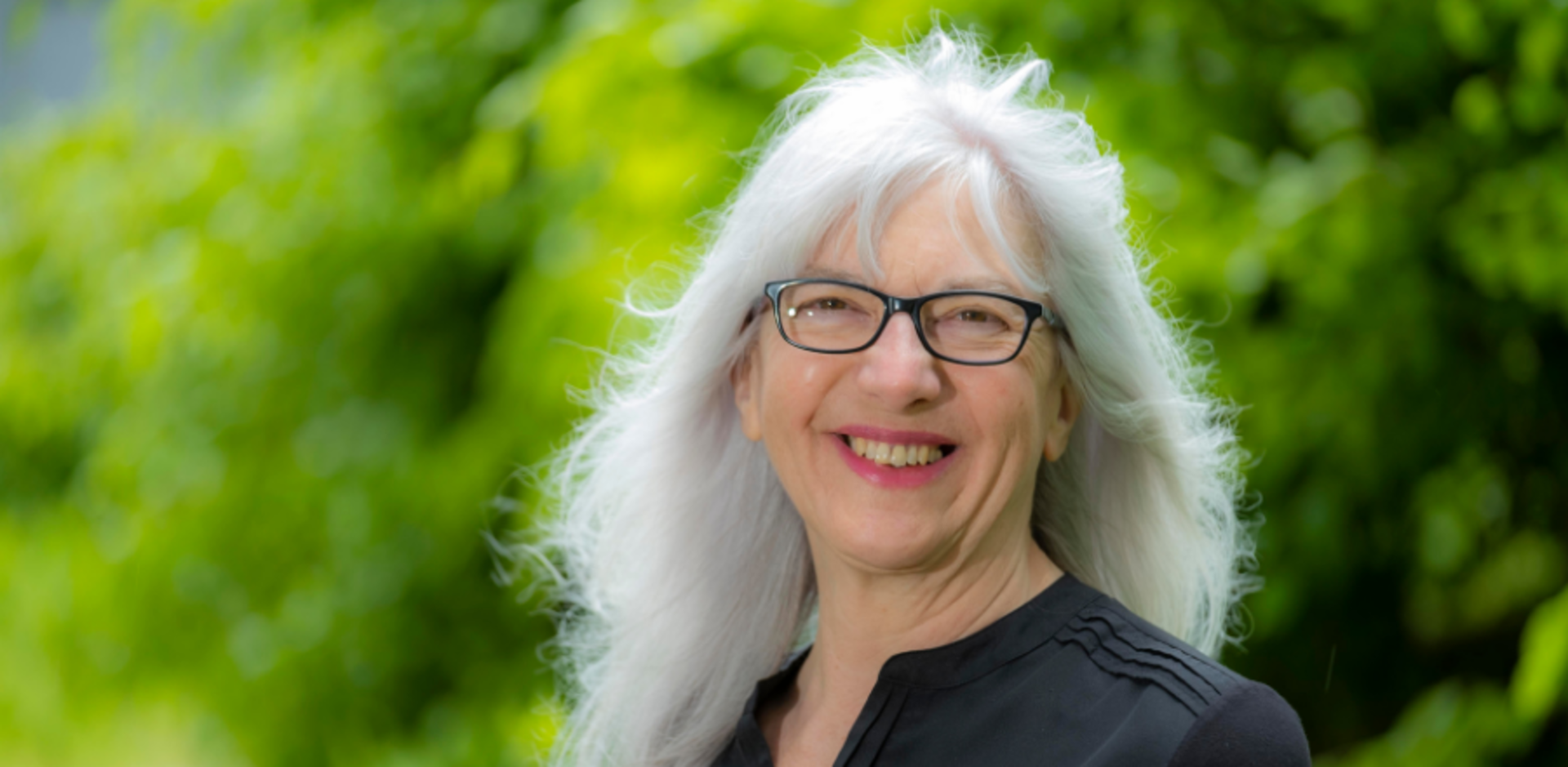Dragon’s Den success for stroke researcher

Glasgow Caledonian University stroke expert Professor Maggie Lawrence’s pitch on non-medical prevention was a surefire winner at a Dragon’s Den-style event during the UK Stroke Forum Online Annual Research Conference this month.
Professor Lawrence was joined by Swedish, Australian and UK scientists from INSsPiRE, an international network of stroke prevention researchers, which she founded six years ago.
The ‘Dragon’s Den: non-surgical, non-pharmacological pitches for optimising stroke secondary prevention’ was a live online open session held in front of an audience of 189. Four researchers gave their pitches to obtain hypothetical funding for stroke secondary interventions from the dragons.
After the pitches, the dragons or judges voted on which one they would fund and Professor Lawrence’s HEADS: UP (Helping Ease Anxiety and Depression after Stroke) project, which addresses secondary prevention as a self-care issue, came out on top.
Professor Lawrence, from the Department of Nursing and Community Health, said: “It was great to get our voices heard on this national/international platform. It’s important because non-surgical, non-pharmacological secondary prevention of stroke receives little attention, from clinicians, from researchers and from guideline developers around the world.
“Rates of stroke recurrence are high and yet many of the risk factors for recurrence can be addressed – if only people had the information, education and resources to help them do that – stop smoking, drink less alcohol, eat a healthy diet, be more physically active and better manage perceived psychosocial stress.”
Developed by Professor Lawrence, HEADS: UP is based on Jon Kabat-Zinn's Mindfulness Based Stress Reduction (MBSR), a programme created by the American mindfulness teacher in the 1980s and widely used across the NHS including in the treatment of eating disorders and multiple sclerosis.
The £365,000 three-year project is funded by the Stroke Association, who estimate that more than 120,000 people live with the effects of stroke in Scotland with numbers projected to double in the next 20 years.
There’s more good news for the INSsPiRE network – researchers have been accepted to host and deliver a session at the European Stroke Organisation Conference in Lyon, in May 2022.
Professor Lawrence said: “This is a big deal in terms of raising awareness of alternative approaches and treatments to support risk reduction. We have been applying every year for the past four to five years and it’s the first time this medically-dominated conference has opened its doors to us secondary prevention nurses and Allied Health Professionals.”
The session entitled ‘Optimising Secondary Prevention by Non-Pharmacological Approaches’ will be chaired by two members of INSsPiRE from the UK and Ireland, and three members from the UK, Ireland and Australia will deliver oral presentations.
